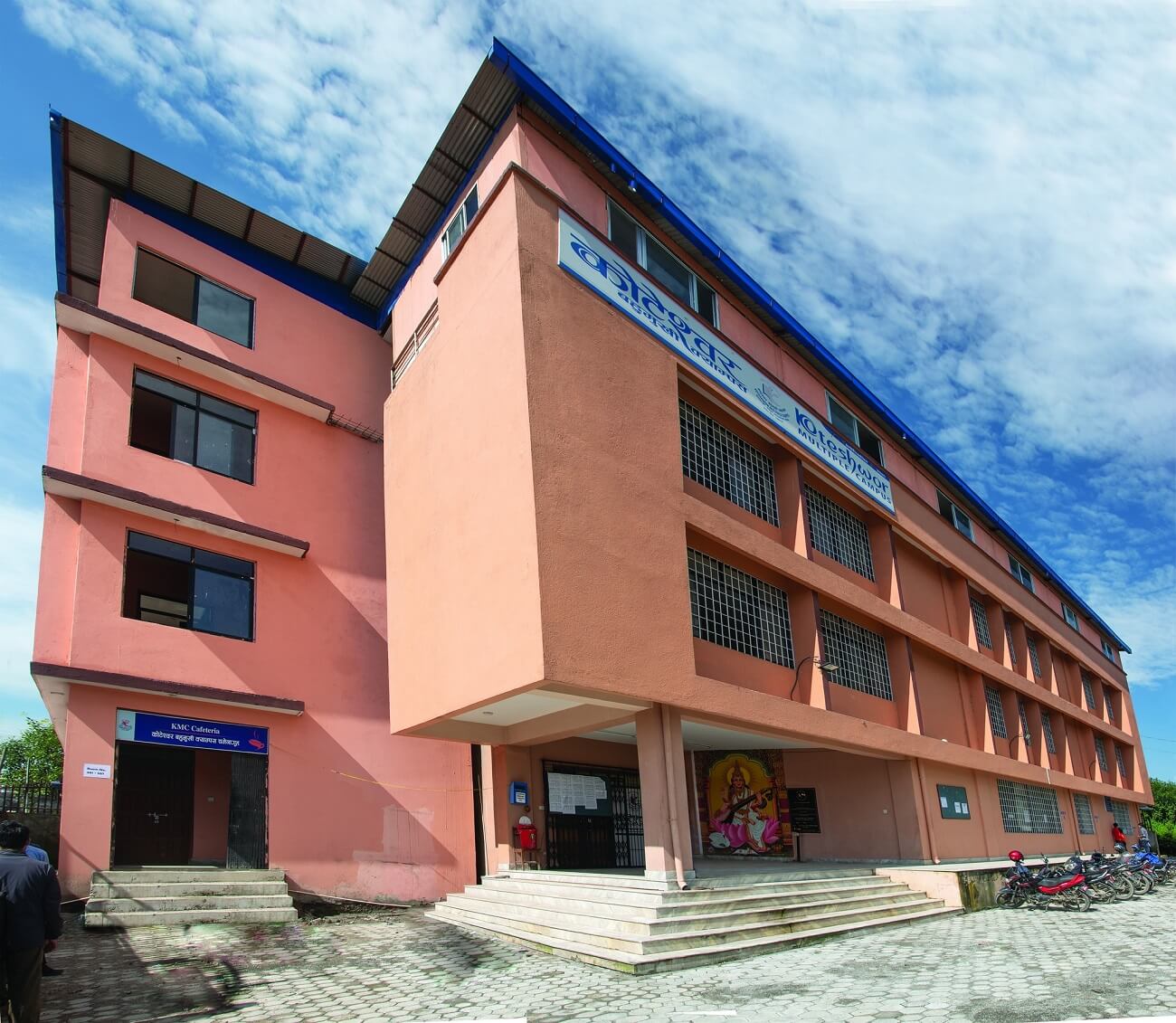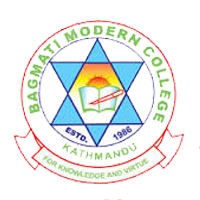Overview
Bachelor of Business Studies (BBS) at Koteshwor Multiple Campus, Jadibuti, Koteshwor, Kathmandu
Bachelor of Business Studies (BBS) at Koteshwor Multiple Campus (KMC), Jadibuti, runs under Tribhuvan University.
The program serves students who want a grounded business degree in Nepal with clear pathways to banking, accounting, cooperatives, trading firms, social enterprises, and public organizations.
The campus frames learning through a steady mix of classroom study, case tasks, presentations, and short field assignments. Students who need a firm base for MBS or MBA later find the course sequence practical and structured.

Highlights
-
Four-year TU program delivered on a community campus in Kathmandu.
-
Balanced exposure to accounting, finance, marketing, economics, statistics, and management.
-
Short projects, presentations, and problem sets that mirror entry-level tasks in firms.
-
Library, e-library access, computer lab, and LMS-supported delivery.
-
Scholarship options available through campus rules and performance criteria.
Curriculum Details
The BBS structure covers foundation, core, and specialization layers across eight semesters or four academic years as per TU policy. Early terms settle students into business English, economics, business mathematics or statistics, and principles of management. Mid-level terms deepen knowledge in financial accounting, cost/management accounting, corporate finance, human resource fundamentals, and marketing. Later terms expand into business environment, entrepreneurship, operations, and decision tools.
Electives and specialization papers allow focus in areas such as accounting and finance, marketing, or general management, reflecting departmental offerings in a given session. Practical elements include case write-ups, report preparation, and short presentations. Several teachers use local examples—retail pricing, cooperative bookkeeping, working capital in small import businesses—to help students connect theory with common decisions in Kathmandu’s market setting.
Objectives
-
Build a clear understanding of core business functions and how they interact day to day.
-
Train students to read financial statements, link figures to business stories, and identify areas that need attention.
-
Strengthen written and oral communication for reports, memos, and short presentations.
-
Encourage ethical conduct, reliability, and respect for rules relevant to business in Nepal.
-
Prepare students for competitive postgraduate routes or entry-level roles.
Scope
Graduates step into roles in accounting support, cashiering, sales coordination, front-office operations, inventory assistance, and junior analysis. Cooperatives, trading houses, microfinance institutions, banks, and NGOs often list openings that match BBS core skills. The program also supports small business goals; several students plan to formalize family shops, e-commerce side projects, or service ventures after graduation.
Learning Outcomes
Students who complete BBS at KMC should be able to:
-
Read and prepare basic financial statements and explain what the numbers imply.
-
Use spreadsheets to organize data, analyze trends, and present clean summaries.
-
Write short business reports with clear structure, references, and action points.
-
Apply core ideas from marketing, HR, and operations to routine work tasks.
-
Work in teams, meet deadlines, and respond to supervisor feedback.
Skill Development Modules
-
Accounting practice: journal entries, ledgers, trial balance, bank reconciliation.
-
Cost and budgeting basics: unit cost, break-even, simple budgets, variance notes.
-
Quantitative tools: descriptive statistics, index numbers, time value of money.
-
Communication: business email, minutes, memo writing, brief slide decks.
-
Office tools: spreadsheet formulas, basic charts, data validation, document formatting.
-
Ethics and compliance: workplace conduct, record-keeping, and basic audit trails.
Teaching Methodology
Classes combine lectures, worked examples, and problem-solving sessions. Case snippets drawn from local firms help ground discussions. Several papers adopt periodic quizzes, mid-term tests, and end-term assignments. Departments may schedule remedial classes when students need targeted support. The library and e-library help with reference reading; the computer lab supports spreadsheet tasks and report formatting. The LMS hosts notices, reading lists, and assignment instructions, which reduces confusion during busy weeks.
Admission Requirements
Applicants need 10+2 or equivalent with the minimum grade set by Tribhuvan University for BBS admission. Required documents include academic transcripts, character certificate, a copy of citizenship or valid ID, and photos. Migration documents may be requested for students entering the TU system from other bodies. Eligibility thresholds and seat availability follow campus notices each academic cycle. Students should confirm application windows, fee heads, and any scholarship deadlines at the time of form submission.
Career Opportunities
-
Junior accounting and finance support in trading firms, cooperatives, and SMEs.
-
Teller and customer support roles in banks and microfinance institutions, subject to openings and tests.
-
Sales coordination, store operations, procurement follow-ups, and documentation.
-
Office administration, data entry with reporting, and inventory record-keeping.
-
NGO/INGO program support roles that require basic budgeting and reporting.
Students aiming for higher responsibilities often plan for MBS, MBA (meeting separate entry rules), or professional certifications. Early work experience combined with further study strengthens prospects for analyst or supervisory roles.
Scholarships and Financial Aid
KMC runs merit and need-based support under campus rules. Typical provisions include tuition waivers for high performers and consideration for students who face financial hardship. Criteria, quotas, and documentation requirements are announced via campus notices. Students should keep copies of results, recommendation letters where relevant, and application forms within the stated deadlines.
Why Choose This Course?
BBS at KMC offers a steady, Nepal-specific business education anchored in TU standards. The campus setting in Jadibuti helps students combine study with part-time work or family responsibilities in the city. Teaching remains practical, assessment is transparent, and support units help students stay on track. The program has a clear handoff to MBS or other postgraduate routes for learners who want to continue.
Conclusion
BBS at Koteshwor Multiple Campus builds a dependable base in business disciplines. The program rewards consistent effort, careful reading, and timely submission. Students who approach each semester with a plan—classes, practice sets, and short projects—leave with skills that employers in Nepal value.
FAQ
What is the awarding body?
Tribhuvan University awards the BBS degree.
How long does it take?
Four academic years under the TU framework.
Are internships required?
Departments may announce opportunities or short placements when partners are available; students should watch official notices.
Can I move to MBS after BBS?
Yes, subject to separate entry rules and performance.
What support does the campus provide?
Library/e-library, computer lab, LMS access, counseling, and scholarship notices as per session.























